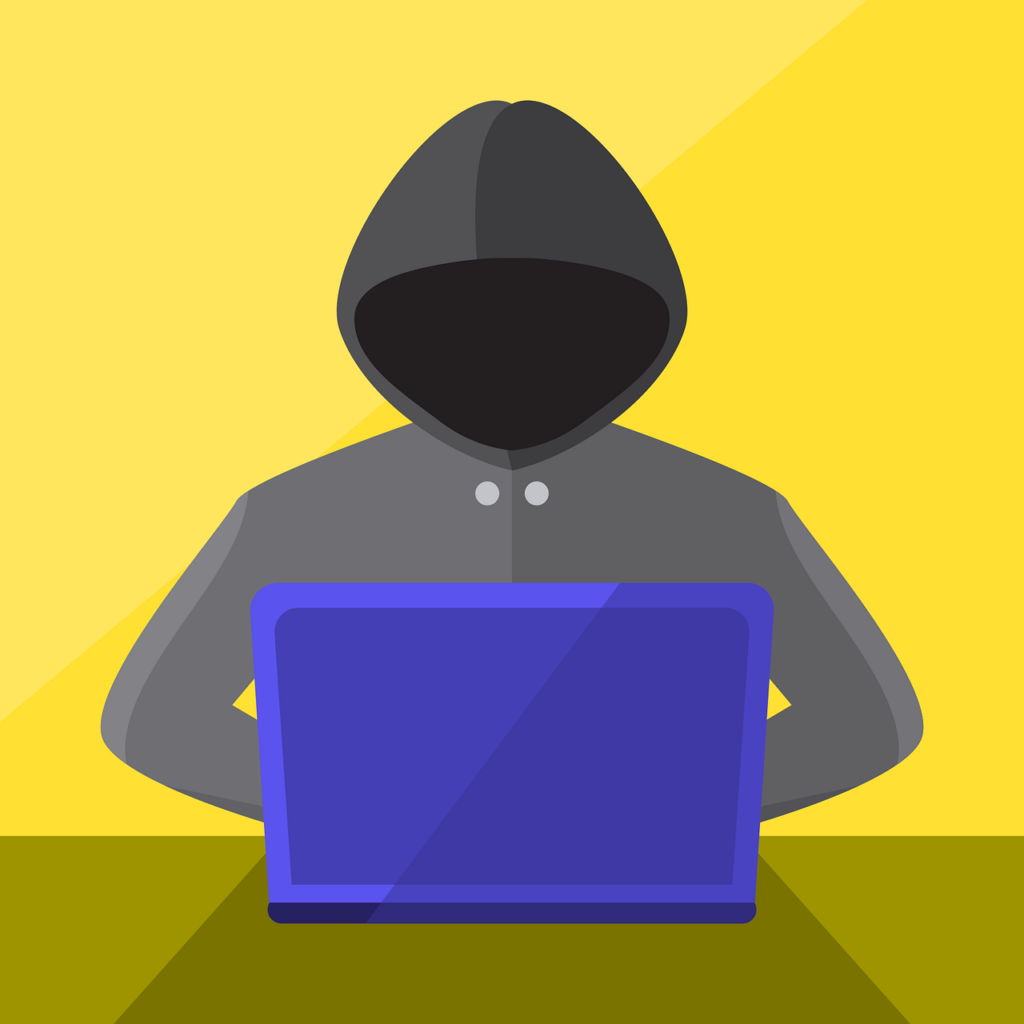The dark web refers to a portion of the internet that is not indexed by traditional search engines and requires specialized software or configurations to access. This hidden part of the internet is often associated with illegal activities, such as the sale of drugs, weapons, and stolen information. It is also known for being a hub for activities like cybercrime, hacking, and illegal pornography.

The dark web is accessed through a network of encrypted servers and is designed to allow users to remain anonymous and untraceable, making it difficult for law enforcement to monitor criminal activity. However, not all activities on the dark web are illegal, and many people use it for legitimate purposes, such as maintaining anonymity for privacy reasons, bypassing censorship, or accessing information that is not available on the regular internet.
The Dark Web and Identity Theft
The dark web is often used as a platform for buying and selling personal information, which can lead to identity theft. Criminals can use the information obtained from the dark web to open bank accounts, apply for credit cards, and carry out other fraudulent activities in someone else’s name.
Hackers and cybercriminals may steal personal information through a variety of means, including phishing scams, data breaches, and malware attacks. They can then sell this information on the dark web, where it is bought by other criminals who use it for fraudulent purposes.
Once someone’s identity has been stolen, it can be difficult to undo the damage. Victims may spend years dealing with the consequences, such as ruined credit scores, fraudulent charges, and legal issues. Therefore, it is crucial to take steps to protect personal information and avoid becoming a victim of identity theft, including being cautious about sharing personal information online and monitoring credit reports regularly.
How Can You Monitor the Dark Web for Your Personal Information?
Monitoring the dark web for personal information can be challenging, as the dark web is designed to be inaccessible and anonymous. However, there are services that can help you monitor the dark web for any signs of your personal information being sold or traded.
These services typically work by scanning the dark web for mentions of your name, social security number, email address, or other personal identifying information. They may also monitor underground marketplaces, forums, and chat rooms where cybercriminals trade stolen data.
If the service detects any activity related to your personal information, it will send you an alert so you can take action to protect yourself. Some of these services may also provide guidance on how to respond to identity theft and may offer insurance or reimbursement for losses resulting from identity theft.
It’s important to note that while these services can be useful, they are not foolproof, and they may not catch every instance of your personal information being traded on the dark web. Therefore, it’s important to take other steps to protect your personal information, such as using strong passwords, enabling two-factor authentication, and being cautious about sharing sensitive information online.